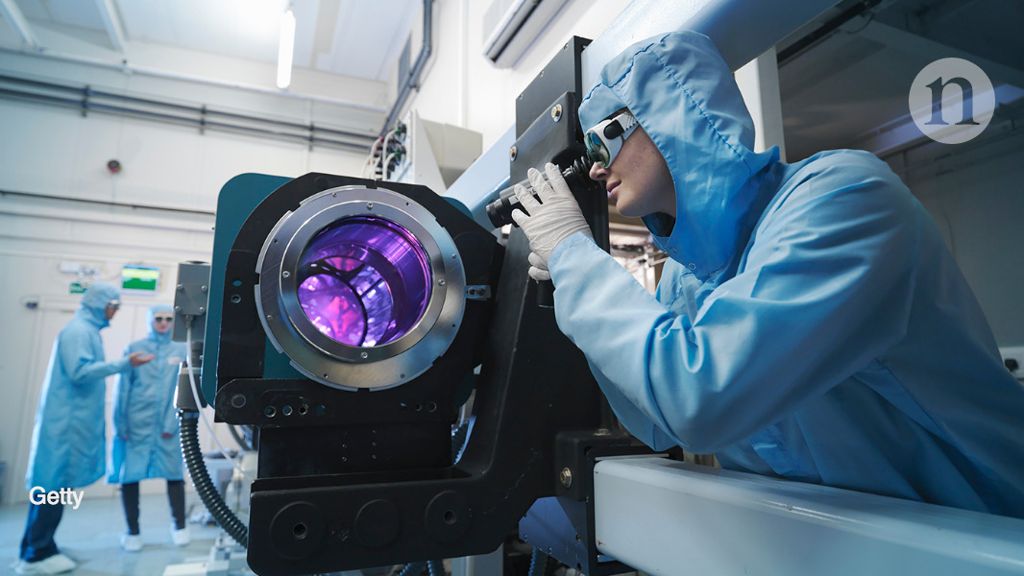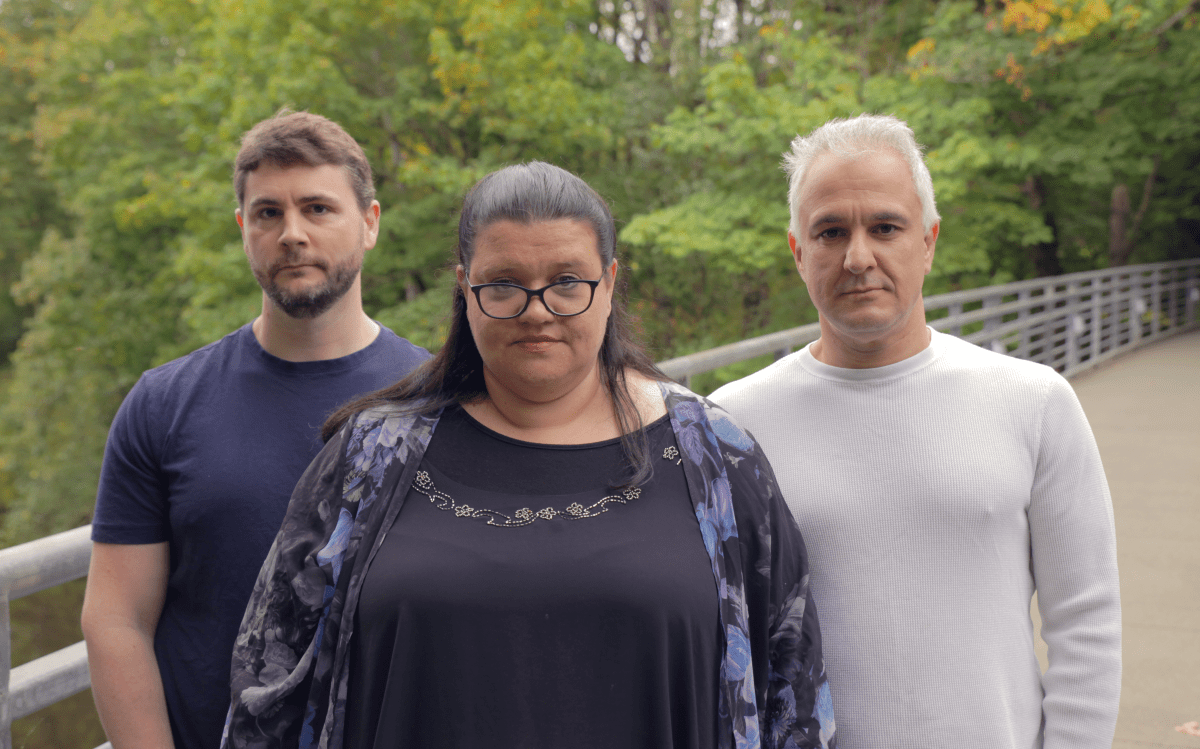Survey Reveals Highs and Lows of a Life in Science
Most scientists are satisfied in their jobs, but a significant number still face discrimination - an unacceptable situation.

Send us a link
Most scientists are satisfied in their jobs, but a significant number still face discrimination - an unacceptable situation.

Six early-career researchers offer advice on how to secure a permanent contract in academia, and then make the most of it.

A former dean chronicles the challenges of returning to full-time teaching.

This essay, although hopefully accessible to everyone, is the most thorough breakdown of the study and written for those who are already somewhat familiar with the problems of ideologically-motivated scholarship, radical skepticism and cultural constructivism.

How to step out from the shadow of your principal investigator.

Even sophisticated, data-driven models of academic careers have trouble forecasting the highs and lows.

Study concludes that relationships with faculty, particularly the mentor advisor, are essential to the opportunities available to these young career researchers and to the career paths they choose.
A well-crafted set of guidelines and advice can save time, reassure trainees and promote a positive lab culture, argues Mariam Aly.
Skills matter. How you learned them may not.

Working conditions in academic labs encourage abusive supervision. It is time to improve monitoring of and penalties for abuse, says Sherry Moss.
A new seminar at Michigan helped doctoral students explore nonfaculty jobs and helped a professor learn how to teach about them.

All graduate students should be planning their post-PhD employment from year one. Supported and nurtured by their institutions and their supervisors. There is a catch for supervisors: they are themselves academics, and so will understandably have little clue about what might constitute useful training for the current job market. The onus must so fall on broader shoulders, of the institutions and funders.
